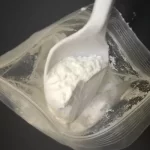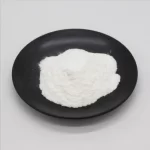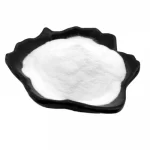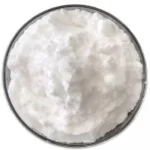Introduction:
In recent years, medical researchers and pharmaceutical companies have been working tirelessly to discover innovative treatments for various diseases and conditions. Among the numerous breakthroughs, Retatrutide (LY3437943) stands out as a potential game-changer in the field of medicine. This article aims to provide an overview of Retatrutide, its mechanism of action, and its potential applications in treating different health conditions.
- Understanding Retatrutide:
Retatrutide, also known by its development code LY3437943, is a novel biologic agent developed by pharmaceutical giant Eli Lilly and Company. It belongs to a class of drugs known as biologics, which are made from living cells and are designed to target specific molecules or receptors in the body.
- Mechanism of Action:
Retatrutide exerts its therapeutic effects by targeting a specific molecular pathway, namely the interleukin-23 (IL-23) and interleukin-17 (IL-17) pathway. IL-23 is a pro-inflammatory cytokine that plays a crucial role in various autoimmune and inflammatory diseases. By inhibiting the IL-23 pathway, Retatrutide helps modulate the immune response, reducing inflammation and potentially slowing down disease progression.
- Potential Applications:
a. Psoriasis: One of the most promising applications of Retatrutide is in the treatment of psoriasis, a chronic skin condition characterized by red, itchy, and scaly patches. Clinical trials have shown that Retatrutide can effectively improve skin clearance and reduce the severity of psoriatic lesions in patients, offering hope for those who suffer from this challenging condition.
b. Inflammatory Bowel Disease (IBD): Retatrutide’s mechanism of action makes it a strong candidate for treating inflammatory bowel diseases such as Crohn’s disease and ulcerative colitis. By targeting the IL-23 pathway, it may help reduce inflammation in the gastrointestinal tract, providing relief to IBD patients and potentially inducing disease remission.
c. Rheumatoid Arthritis: With its immunomodulatory effects, Retatrutide shows promise in treating rheumatoid arthritis, a chronic autoimmune disorder that affects the joints. By controlling the underlying inflammation, it may help alleviate joint pain and prevent joint damage, leading to improved quality of life for arthritis sufferers.
d. Other Potential Indications: The IL-23/IL-17 pathway plays a role in various other autoimmune and inflammatory conditions, such as ankylosing spondylitis and psoriatic arthritis. As a result, Retatrutide may have broader applications in treating these diseases as well.
- Clinical Trials and Safety:
Retatrutide has undergone several clinical trials to assess its safety and efficacy. Preliminary results have been promising, with a favorable safety profile and tolerability observed in most patients. However, as with any new medication, further long-term studies are necessary to fully understand its potential side effects and safety considerations.
Conclusion:
Retatrutide (LY3437943) holds great promise as a groundbreaking therapeutic agent in the field of medicine. With its targeted approach to modulating the immune response, it has shown potential in treating various autoimmune and inflammatory conditions, particularly psoriasis, inflammatory bowel disease, and rheumatoid arthritis. As research and development continue, Retatrutide could herald a new era in personalized and effective treatments for patients suffering from these challenging health conditions. However, ongoing research and clinical trials are essential to validate its long-term safety and efficacy before it becomes widely available for patients worldwide.





Hi, this is a comment.
To get started with moderating, editing, and deleting comments, please visit the Comments screen in the dashboard.
Commenter avatars come from Gravatar.